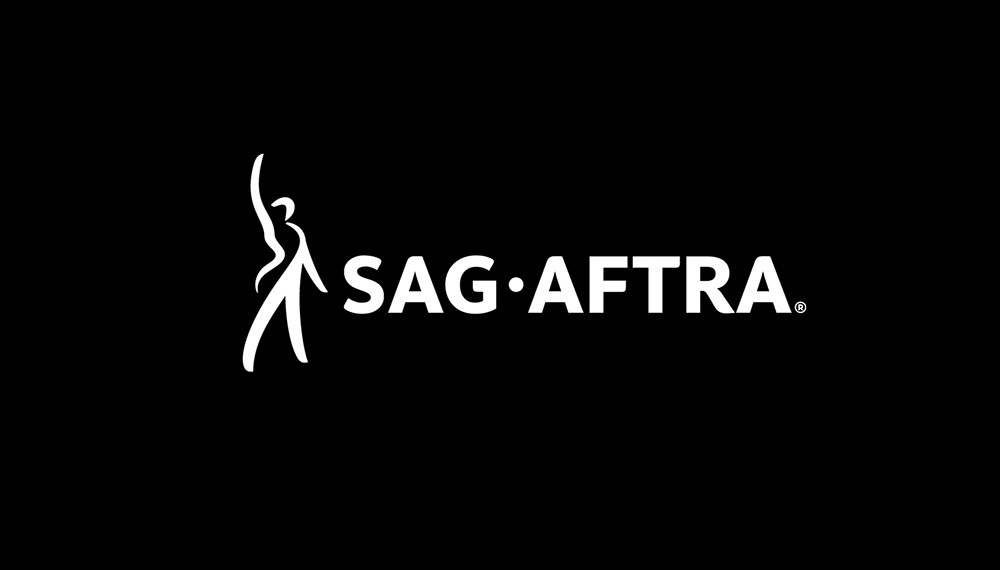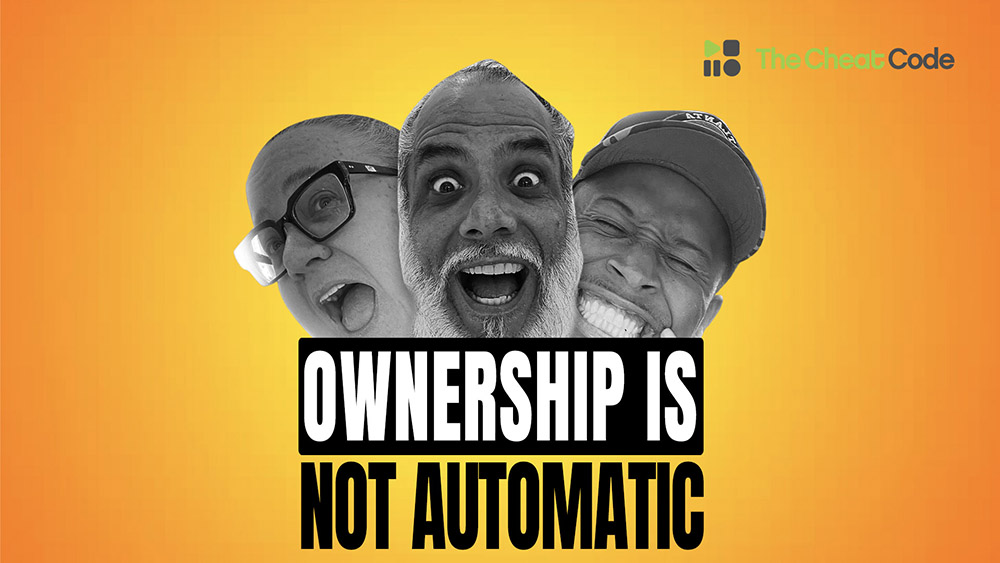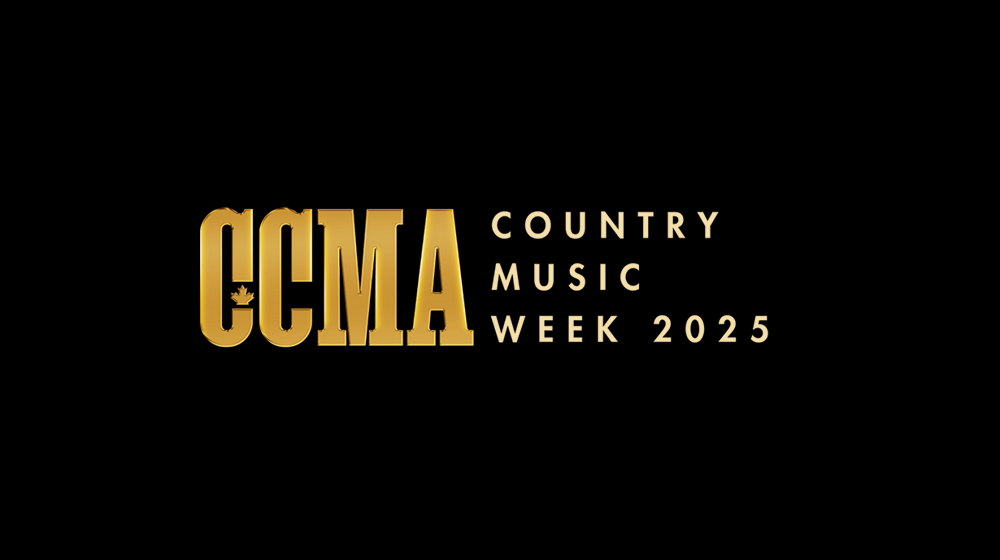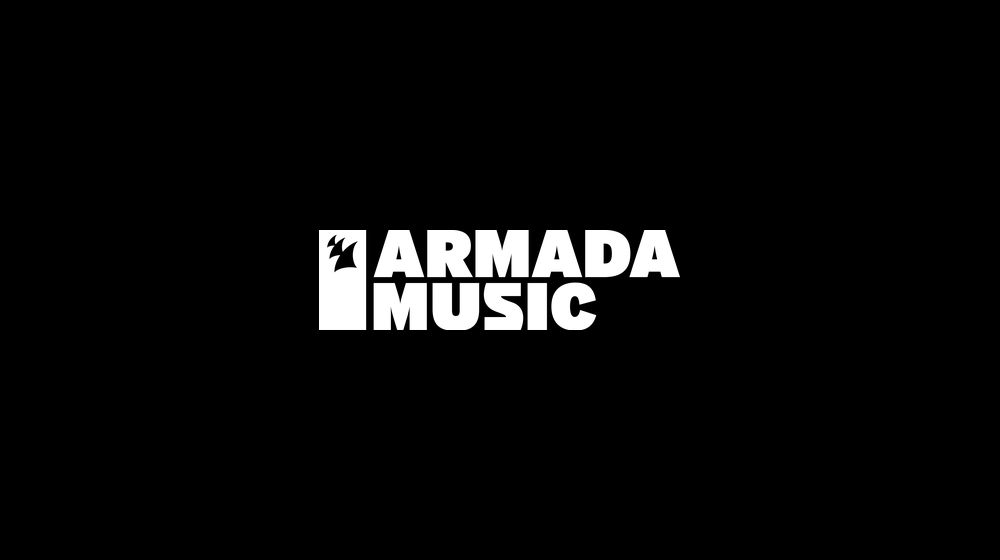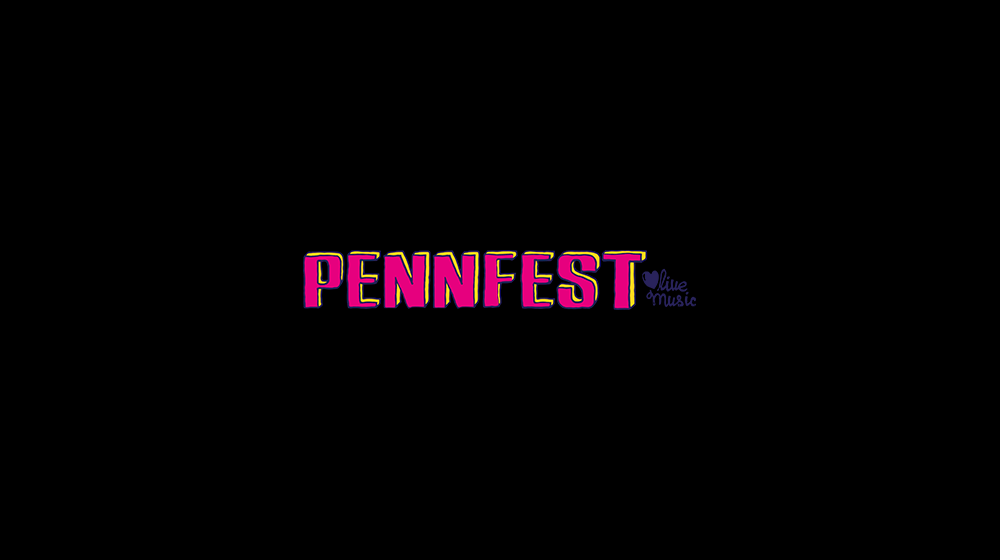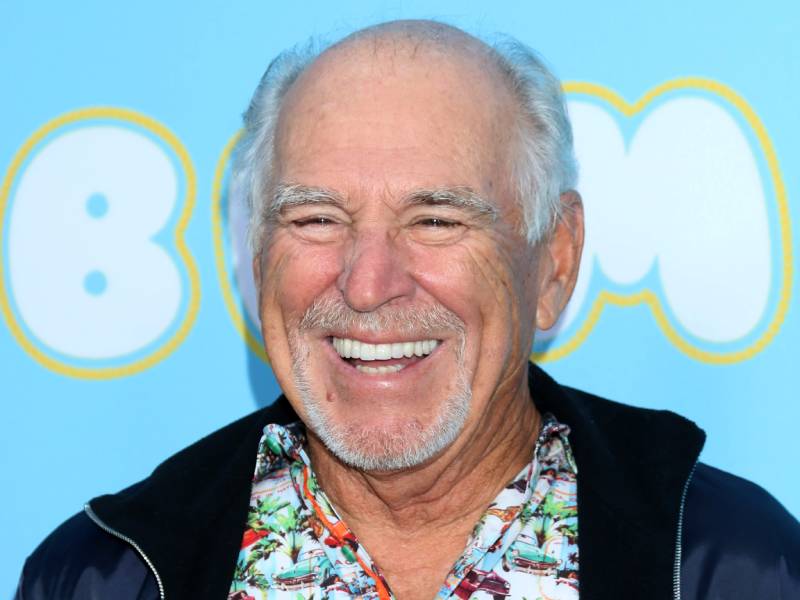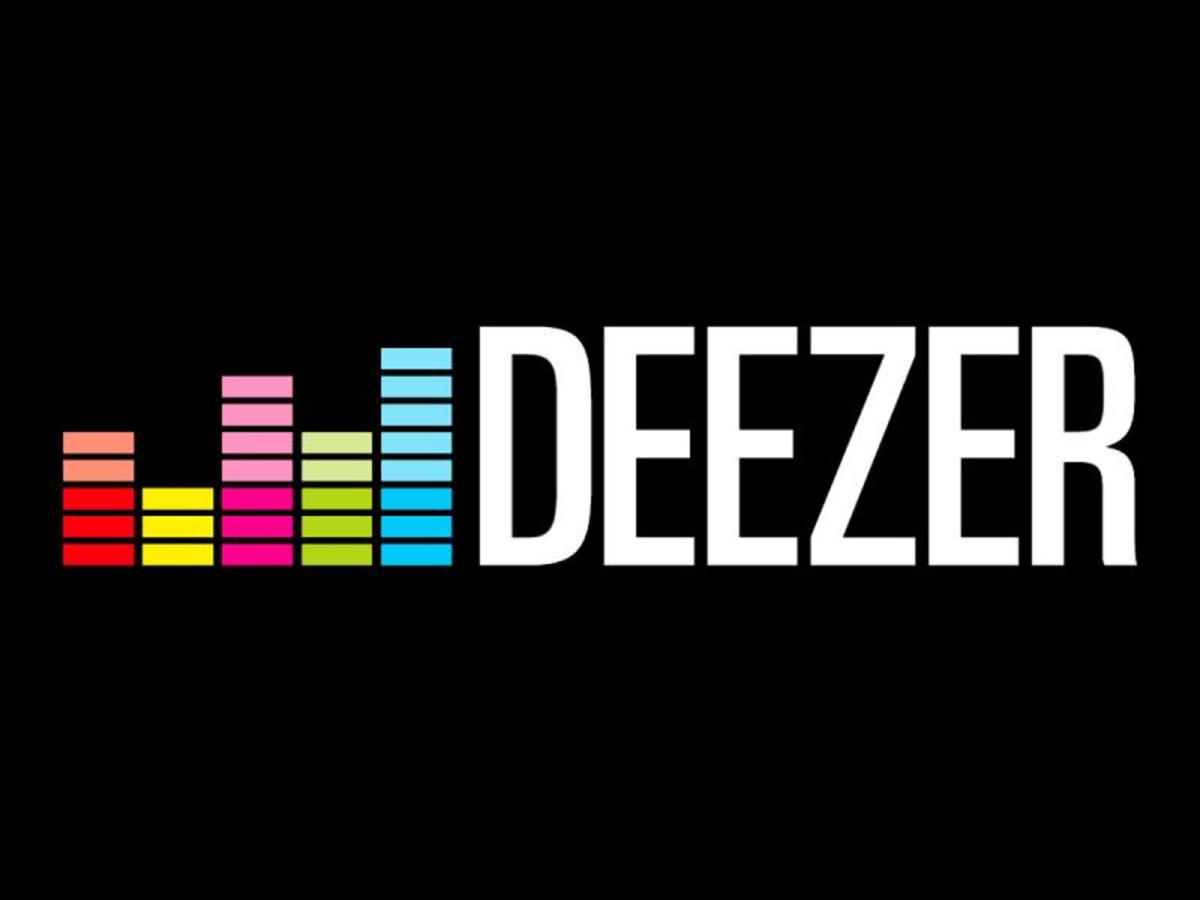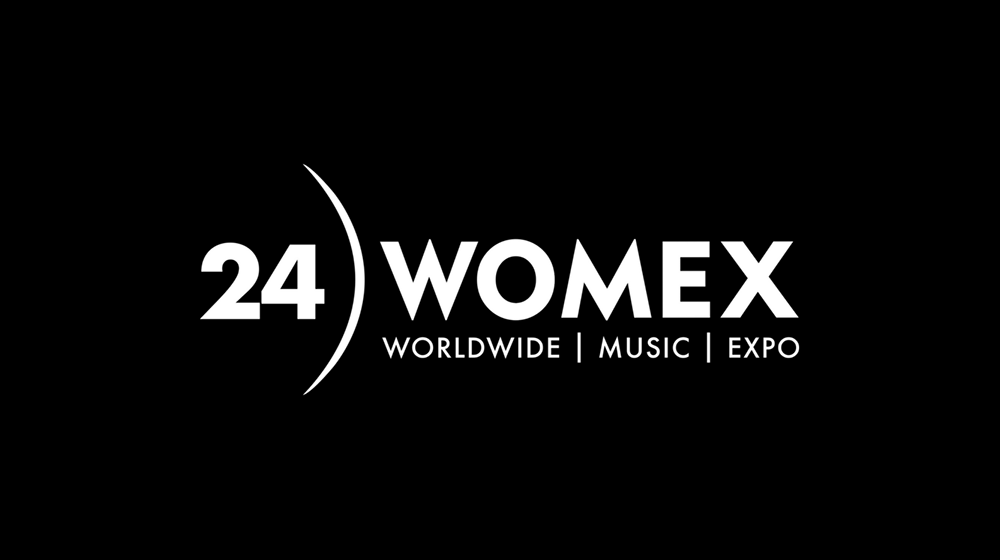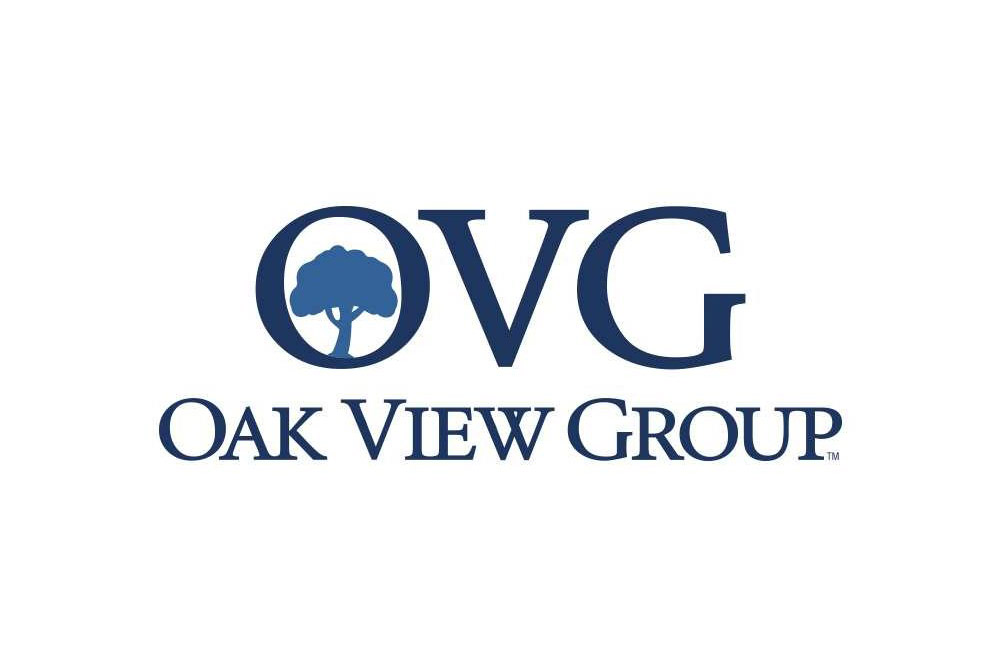
(CelebrityAccess MediaWire) —
Clear Channel is pretty upset about what it considers poor journalism on the November 18 program of "The David Letterman Show," in which Letterman referred to a Rolling Stone magazine article about Clear Channel Communications. Below is the letter Clear Channel sent to Rolling Stone's editorial management at the time that article was published. "Not surprisingly, they have chosen not to print our letter in their publication — that is their choice — as it is our choice to release it publicly at this time, says Mark Mays, president and chief executive officer, Clear Channel Communications, Inc.
"Open Letter to Rolling Stone:
"September 10, 2004
"To the Editor:
"The errors of fact, knowingly false statements and material omissions are overwhelming in Damien Cave's article on Clear Channel (R&R Special Report, September 2, 2004) — we are alarmed and deeply disappointed to find more than 30 in its two pages. Equally inexcusable is the fact that no attempt was made by your magazine to fact-check this article with our company prior to its publication, despite numerous interviews over the course of several months. And finally, we are troubled that Rolling Stone chose to present erroneous information from articles and opinion pieces previously published by other media outlets as original reporting, instead of including facts that were shared directly with Mr. Cave by Clear Channel managers. As the leader of a company that includes an award-winning news organization, I find that a particularly serious lack of journalistic responsibility.
"Since we don't believe that your magazine is the appropriate forum for engaging in a point-by-point dialogue about our business, this response focuses on only the most egregious errors of fact, material misstatement and omission.
"First, we must object to the entire premise of the article – that Clear Channel's "domination of the radio and concert industries has made the airwaves blander and tickets more expensive." Our company has considerable competition in both industries, has been proven by independent third parties not to homogenize play lists and, as you well know, does not set ticket prices.
"In reality, Clear Channel Radio owns 9% of U.S. radio stations and represents 18% of the industry's revenue. Neither come close to satisfying any accurate definition of dominance. And our radio division neither "force-feeds audiences the same play lists no matter where they live" nor offers "more of the same songs today than they did ten years ago." Indeed, both of these persistent and erroneous myths were shown to be false by Billboard Magazine in its July 18, 2003 issue. In truth, Clear Channel Radio employs more than 900 enormously talented local program directors — each with deep expertise in the tastes of their local markets, backed by multi-million-dollar investments in local-market research, and having the "golden gut" that has always been the hallmark of successful radio programming. And we are successful — the majority of our stations are either #1 or #2 in their markets.
"Further, the article claims that New York's Z100's top five songs receive more spins today than they did 10 years ago. The Z100 format changed in 1996 to traditional Top 40 from a heavy alternative-leaning format — comparing play lists of two different formats is a blatant misrepresentation of the facts.
"When discussing Clear Channel Entertainment, the article claims that CCE "has a virtual lock" on the Detroit market and alleges that during the week of July 25th, CCE "controlled" concerts in Detroit "by the Dead, Hillary Duff, Midtown, Hanson, Huey Lewis and the News, Prince and Dra." The errors of fact here are shocking.
"First, Clear Channel Entertainment presents less than one-third of the concerts in the Detroit market — out of roughly 200 shows last year, CCE presented 60. In addition, the word "controlled" is inaccurate on its face — artists and their managers decide which venues they will play. To say otherwise is nothing short of an insult to artists and to their managers. Next, Clear Channel Entertainment did not promote the Prince, Midtown or Huey Lewis and the News concerts. Again, there was no attempt to fact-check this story with our company. And finally, there are numerous other promoters and national organizations in the Detroit market that have actively presented shows in the past 12 months including Jack Utsick, JAM, AEG, Olympia Entertainment, Palace Sports & Entertainment, Freedom Hill Productions, Joe Neiporte, and the Nederlander Group.
"Equally inaccurate are the article's twin claims that CCE has driven up ticket prices and has set fee increases that have outpaced those of ticket prices. Ticket prices, of which artists take 85% to 90% of the gross, rose $7 in Q2 of this year alone. And in fact, Clear Channel Entertainment does not set ticket prices — artists do by virtue of the fact that they set their guarantees and then take 85% to 90% of the gross. Finally, CCE has been working for the past four years to bring down ticket prices and we have been very public about our efforts here over the past several months.
"And thirdly, the article materially misstates the experience of key Clear Channel managers.
"Clear Channel Radio CEO John Hogan has overseen radio programming in addition to operations and sales since moving into management some 16 years ago. Clear Channel Entertainment CEO Brian Becker's music-industry career began in 1984, giving him more than 20 years of expertise in concerts, tours and buildings. In fact, Brian is considered a pioneer in the amphitheater business and headed PACE at a time when that company was one of the few national promoters of its day.
"But perhaps most importantly, the article completely and venomously dismisses the contributions of more than 900 program directors, hundreds of event bookers and producers, and scores of other talented professionals who run our company every day. This is an insult to them personally, to our company as a whole, and to the music industry to which these professionals have dedicated their talents and careers.
"We take pride in accurately describing basic facts about our company. We would hope that your reporters will do the same moving forward." –Bob Grossweiner and Jane Cohen



















